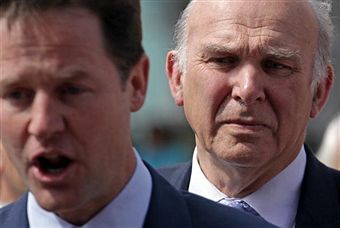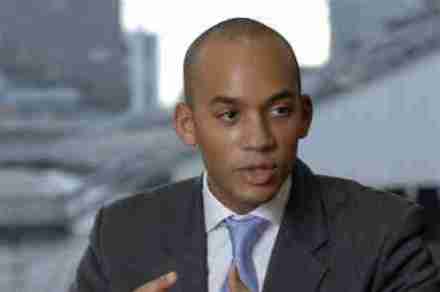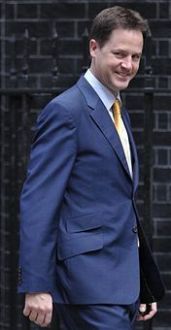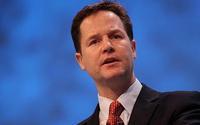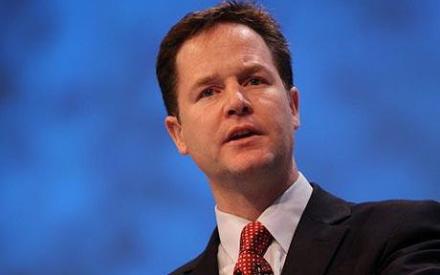A worrying poll for the Tories
Ipsos-MORI’s July political poll will make uncomfortable reading for the coalition as the summer break looms. It has the Tories on 40 percent, Labour on 38 percent and the Lib Dems on 14 percent . It is just one poll – the Tory lead is usually around 7 points – but the Lib Dems’ crisis is real enough. George Eaton’s spot on when he says that Labour’s resurgence is ‘impressive’. The worry is that cuts have not yet been felt, and that the Lib Dem position can only get worse. The coalition has all sorts of possible plans to protect the Lib Dems. With growth as it is, Osborne could







